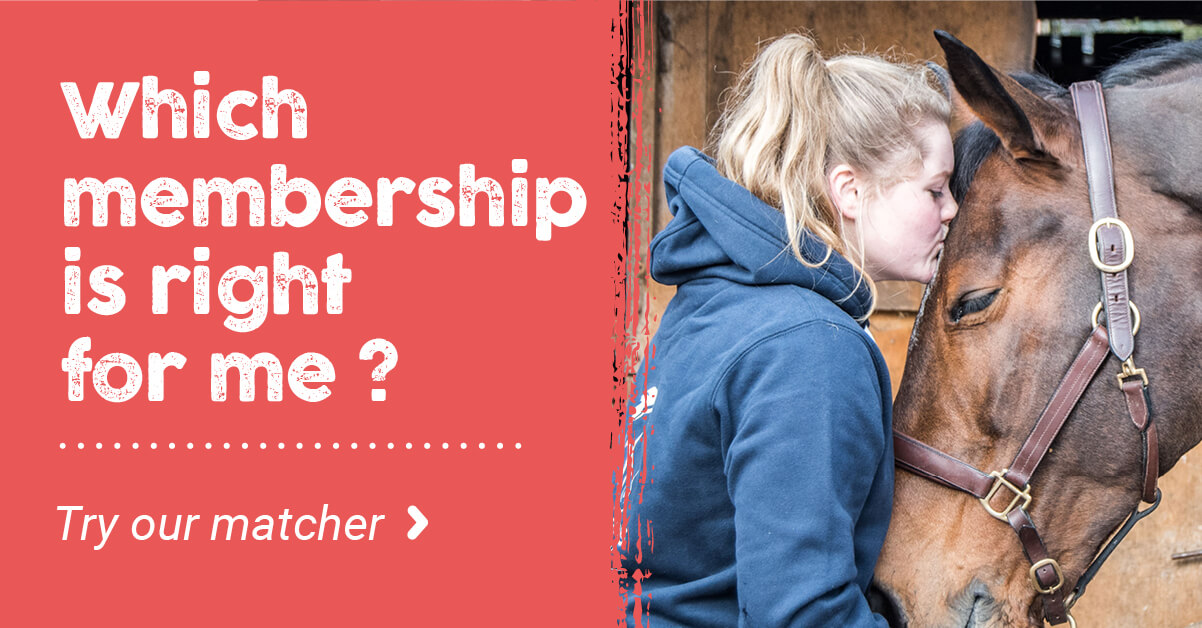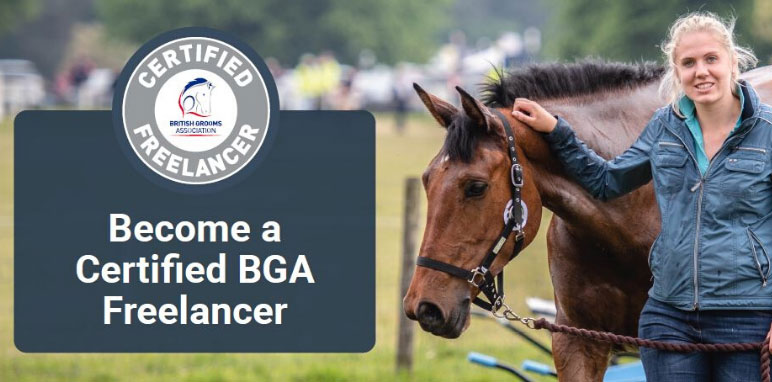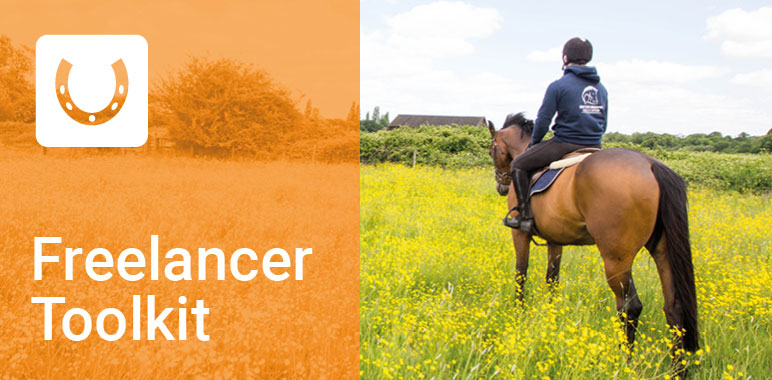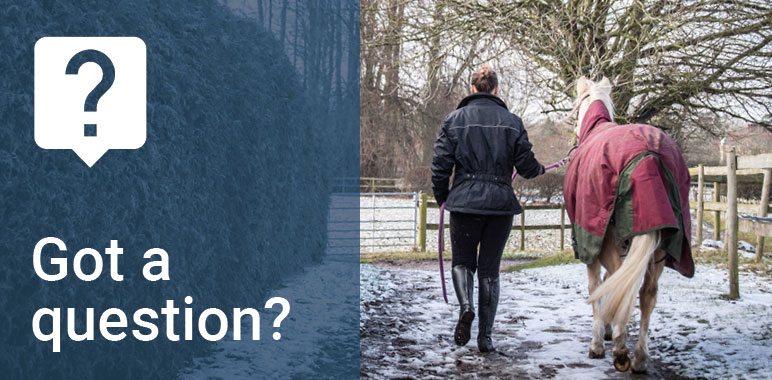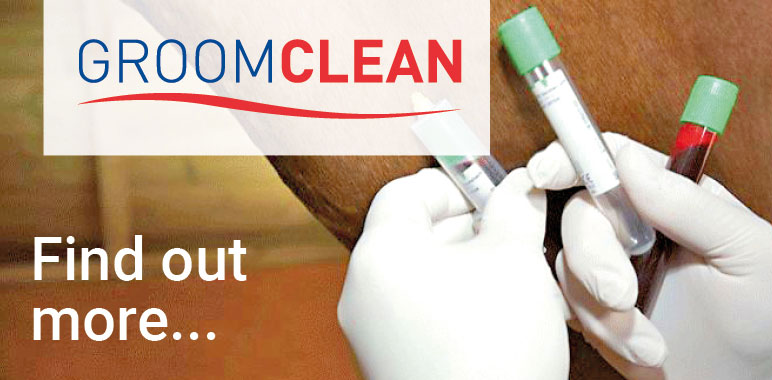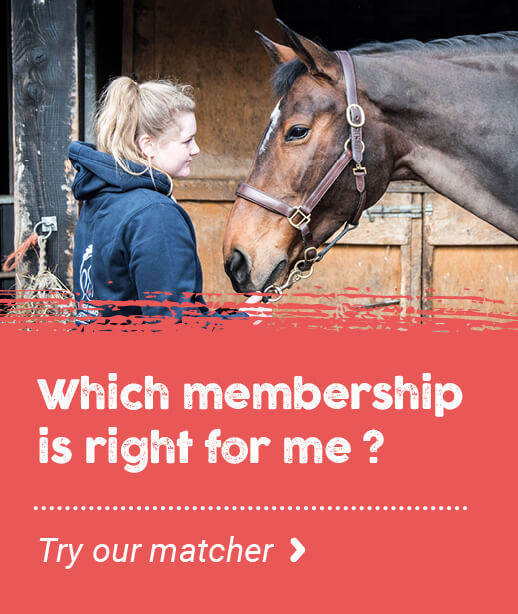- Join Now
- Login
- Member Zone
- Your Career
- Freelancing
- International Grooms Association
- BGA Training
- Healthy Yard Healthy Horses
- Transporting horses
- Brexit
- Safe workplace
- Student Zone
- Member Discounts
- BG Magazine
- Member services
- Training & Careers
- BGA CV Creator
- Horse groom training
- Where to Train
- BGA E Learning
- Career choices
- Change to Racing
- First Aid training for grooms
- Parents
- Grooms Jobs
- Grooms Life
- About
- News
- Contact

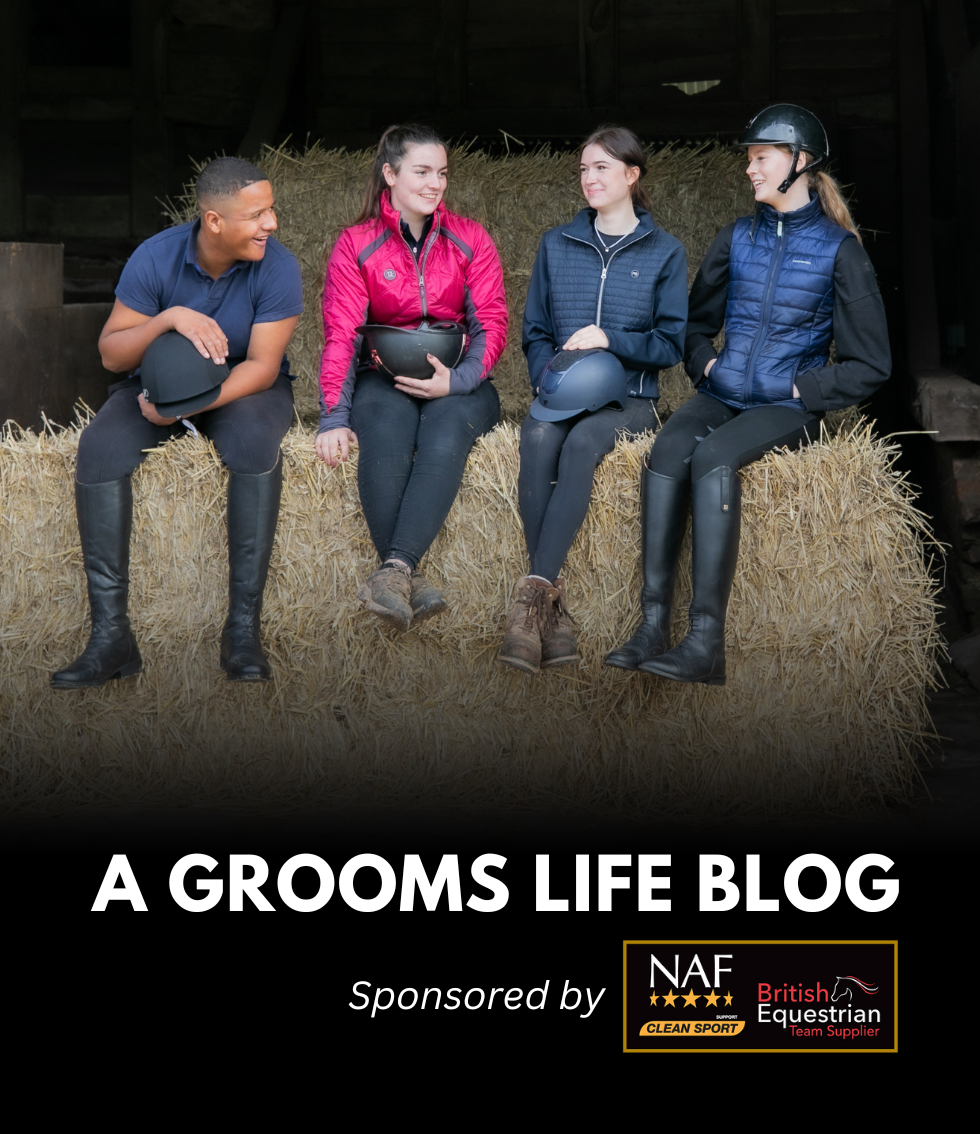
I’m Lucy Katan MBE, and I founded the British Grooms Association (BGA) with one clear goal — to make a real difference for the hardworking grooms who are the backbone of our industry. Although we’ve made significant progress over the years, one of the most common questions we still receive is about employment status. Far too often, grooms are told they are self-employed when, in reality, they should be classed as employed. This can seem appealing to an employer, as it allows them to avoid paying tax and National Insurance — but it’s illegal and carries serious consequences for both the groom and the employer. One of the biggest challenges facing the equestrian industry today is false self-employment — an issue I feel very strongly about because it’s not only illegal, but deeply unfair. False self-employment occurs when a business disguises an employee as ‘self-employed’ — often to avoid paying Income Tax and National Insurance contributions, plus having the legally required Employers' Liability Insurance. In reality, this is simply mislabelling an employee, and it’s a practice that has no place in our industry. In every survey we conduct, around 30% of respondents fall into this category — a shocking figure. Sadly, it doesn’t surprise me, as I regularly speak to grooms in this position and see firsthand how it affects their income, stability, and overall well-being. The good news is that this issue is finally being recognised by both the industry and HMRC as a serious problem that must be addressed. With greater awareness and education, I’m hopeful that this all-too-common practice will soon be a thing of the past. When a worker/employee, such as a groom, is incorrectly classed as self-employed, they lose out on many of the rights and benefits that an employed member of staff would normally receive. This includes holiday pay, sick pay, redundancy pay, and pension contributions. There are also serious implications if a groom is not paying the correct Income Tax and National Insurance, as this constitutes tax evasion! HM Revenue & Customs (HMRC) refers to this situation as false self-employment — someone who is effectively employed by a company but is incorrectly labelled as a freelance or contract worker. Many would argue, however, that it is often the employer, not the individual, who is attempting to cheat the system. HMRC has the power to recover unpaid tax contributions from businesses that cannot provide sufficient evidence that they were complying with the rules and not misclassifying workers. For yards that do operate within the law, it is now more important than ever to keep accurate records and maintain clear proof of the self-employment status of anyone performing work/services for them. One of the most common phrases we hear at the BGA is: “I was told by my employer that I was self-employed.” To clarify, a genuinely self-employed individual decides for themselves how to carry out their work and is responsible for their own business affairs. Control is a key factor in determining employment status. Here are some examples: The three cases above are very black and white; however, sometimes it can be grey, and in these cases, it is best to contact the BGA for guidance. You can also use the Gov.uk Check employment status for tax online tool. It is a great way to determine if you have the correct employment status. The principles of employment status are very clear and are explained further in the BGA Members Zone, and if you are a member, you can contact us to discuss your own situation. What is false self-employment
9th November 2025

What is false self-employment?
What does it mean for the grooms who are wrongly classified?

James offers services to equestrian yards, he has his own price list and advertises online and in local tack shops. He decides when and where he works; he has the right to turn down work. He has multiple clients, some may use him regularly, but they ask him if he is available to come and deliver services. If James were to be unable to attend the client himself, he would have the right to offer a replacement to fulfil the task. James is a self-employed freelance groom. 
Jenny works at just one yard. She has been told she is self-employed. She has no other clients. She is told what time she must start and finish and she has a regular day off. She must ask if she wants to have time away from the yard (ie holidays). Jenny is not self employed – this is a case of false self-employment.

Jemima works at Apple Farm 5 mornings a week, and Pear Farm 5 afternoons a week. She is told what time she must start and finish and she has a regular day off. She must ask if she wants to have time away from the yard (i.e. holidays). Jemima is employed at both yards; she has two employers and has a contract with each, and has her tax and NI paid by PAYE by both her employers. If Jemima was told or decided that she was self employed at either establishment, it would be a case of false self-employment.
BLOG ARCHIVE
- 2026 (3 ENTRIES)
- 2025 (14 ENTRIES)
- 2024 (52 ENTRIES)
- 2023 (60 ENTRIES)
- 2022 (35 ENTRIES)
- 2021 (24 ENTRIES)
- 2020 (19 ENTRIES)
- 2019 (45 ENTRIES)
- 2018 (36 ENTRIES)
- 2017 (7 ENTRIES)
What the personal accident policy covers you for:
- Whilst at work
- All stable duties – mucking out, grooming, washing off, turning out
- Clipping
- Riding – including hacking and jumping
- Hunting
- Lunging
- Breaking in
- Holding horse for a vet and other procedures
- Travelling horses both in the UK and abroad
- Competing in line with your job including: jumping, dressage, eventing
- Injuries that may happen to you whilst you are teaching - but you must also be grooming as part of your duties and not be a sole instructor
What the personal accident policy doesn’t cover you for:
- Riding in a race, point to point or team chase
- Stunt Riding
- Accidents occurring whilst travelling to and from work
- Riding and competing your own horse (but you can upgrade when applying for membership to include this)
- Public Liability – this is a separate insurance policy - the Freelance Groom Liability Insurance
- Care Custody and Control – this is a separate policy - the Freelance Groom Liability Insurance
If you require additional cover then please contact KBIS directly.
| GROOM | RIDER | EMPLOYER | |
|
When you are working for other people you do most of the following; muck out, turn out/catch in, tack up, groom horses, exercise Horses (including hacking, jumping and schooling), in the care of your employer/client. |
|
|
|
| Predominantly ride horses for other people including schooling, exercising and competing. | NO |
YES |
YES |
| Provide grooming services for someone else either full time or on a freelance basis i.e. an employer or a client. | YES |
NO |
NO |
| Employ staff – have an employers liability policy in your name | NO | NO | YES |
| Buy and sell horses | NO | YES | YES |


